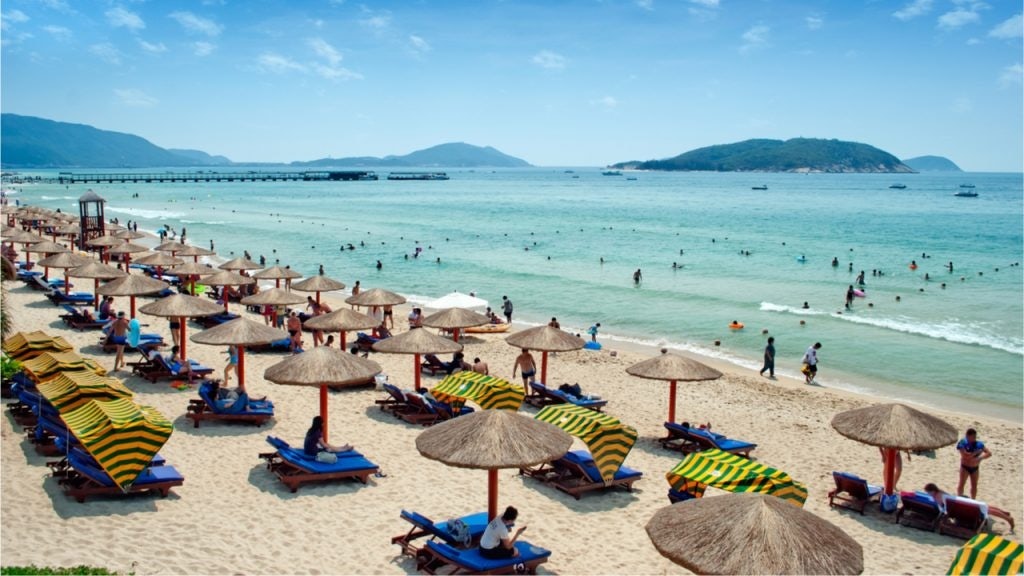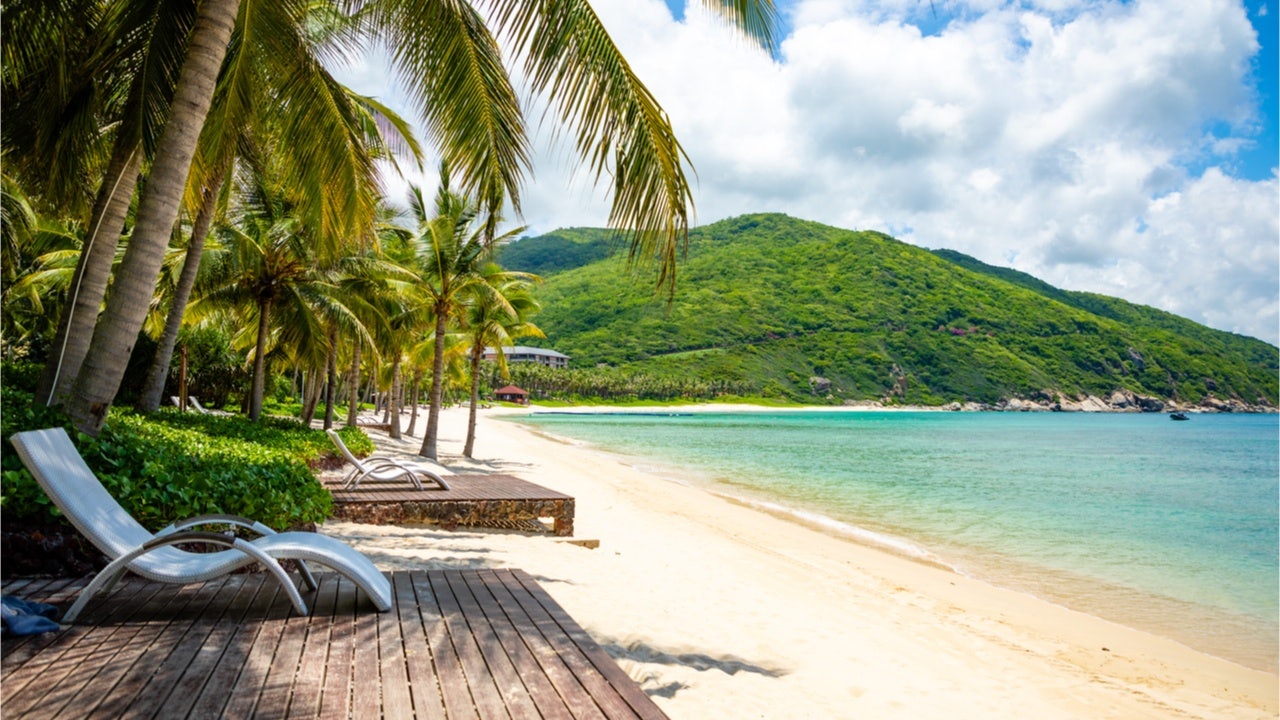The spring report from tourism specialists Dragon Trail Research shows that, although Chinese tourists have little chance of resuming their travels any time soon, their preferences and plans have changed.
Based on results obtained through a survey of over 1,000 mainlanders and released this April, the Chinese Traveler Sentiment Report 2022 showed 56 percent of respondents without any plans to go away: a 24 percentage point increase compared to September last year. This is unsurprising. Shanghai and other cities are still under lockdown, and there are mandatory (and lengthy) quarantine measures for those returning to China from abroad. However, 33 percent of the respondents express an eagerness to travel — a 13 percentage point increase.
Only 28 percent of the respondents think quarantine measures upon entering the country should be stricter (an 8 percentage point decrease), whereas those who think they should be relaxed have increased by 3 points to 39 percent.
Together, these statistics paint a picture of citizens’ fatigue with COVID-19 restrictions. It is likely they will seize the first opportunity to travel once policy allows.
When it does, winter sports and Hainan Island will both be popular. Thanks to the Beijing 2022 Winter Olympics, 33 percent of the respondents prefer winter tourism as a theme, a notable increase since September 2021. A whopping 69 percent of the respondents state that they have either tried winter sports or are considering doing so this year. At the sunnier end of the spectrum, 72 percent of the respondents either plan to visit or have already visited the southern island of Hainan. And 50 percent of the respondents either have definitive plans to travel there, or are considering making them.

Safety is a top concern for Chinese travelers, and the perception of this heavily influences their choice of overseas destinations. Singapore, Hong Kong, and Japan rank as the top three safest regions in the survey, with 45, 37, and 33 percent of respondents perceiving them as very safe, respectively. The United States ranks at the bottom among the 15 overseas options, with only 7 percent of respondents considering it to be safe, versus 69 percent who view it as unsafe.
The findings of Dragon Trail Research’s latest Traveler Sentiment Report have major implications for the luxury sector. The fact that the majority of respondents either have participated or plan to participate in winter sports suggests that this sector is sustainable — though still at its primary stage, as Jing Daily has previously reported.
Hainan’s popularity as a top domestic destination bodes well for its luxury sales this year (especially in duty-free stores) even if only 26 percent of surveyed travelers explicitly identified shopping as the main reason for visiting. In 2021, during the October golden holiday week alone, Hainan’s nine duty-free shops raked in 252.3 million (1.7 billion RMB), a 75 percent year-on-year increase over 2020 and an almost 360 percent increase over 2019, despite China’s overall tourist numbers falling by 1.5 percent.
Chinese travelers’ eagerness to resume outbound travel means that they are still more than likely to continue purchasing luxury items overseas once Beijing’s COVID-19 policies are lifted. However, generally speaking, mainlanders will most likely frequent Asian destinations over European countries and the US, further promoting Asia’s importance in the global landscape of luxury.

